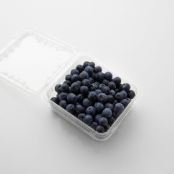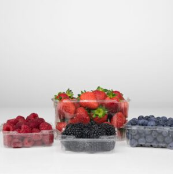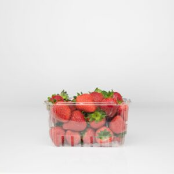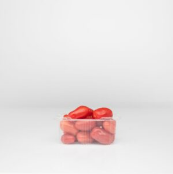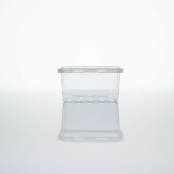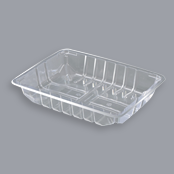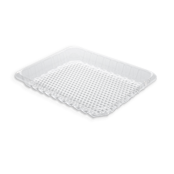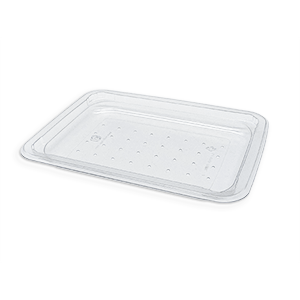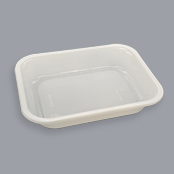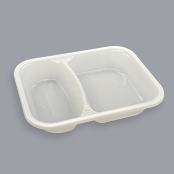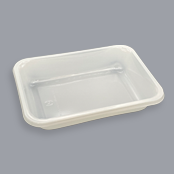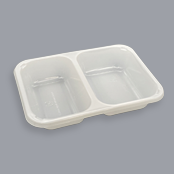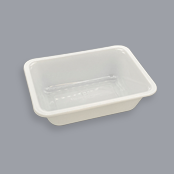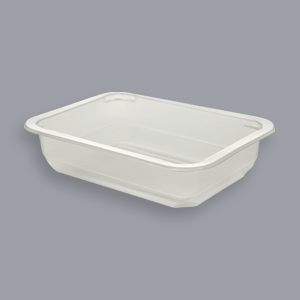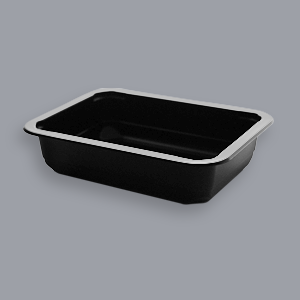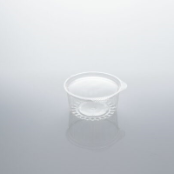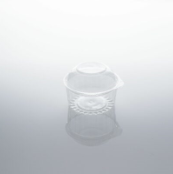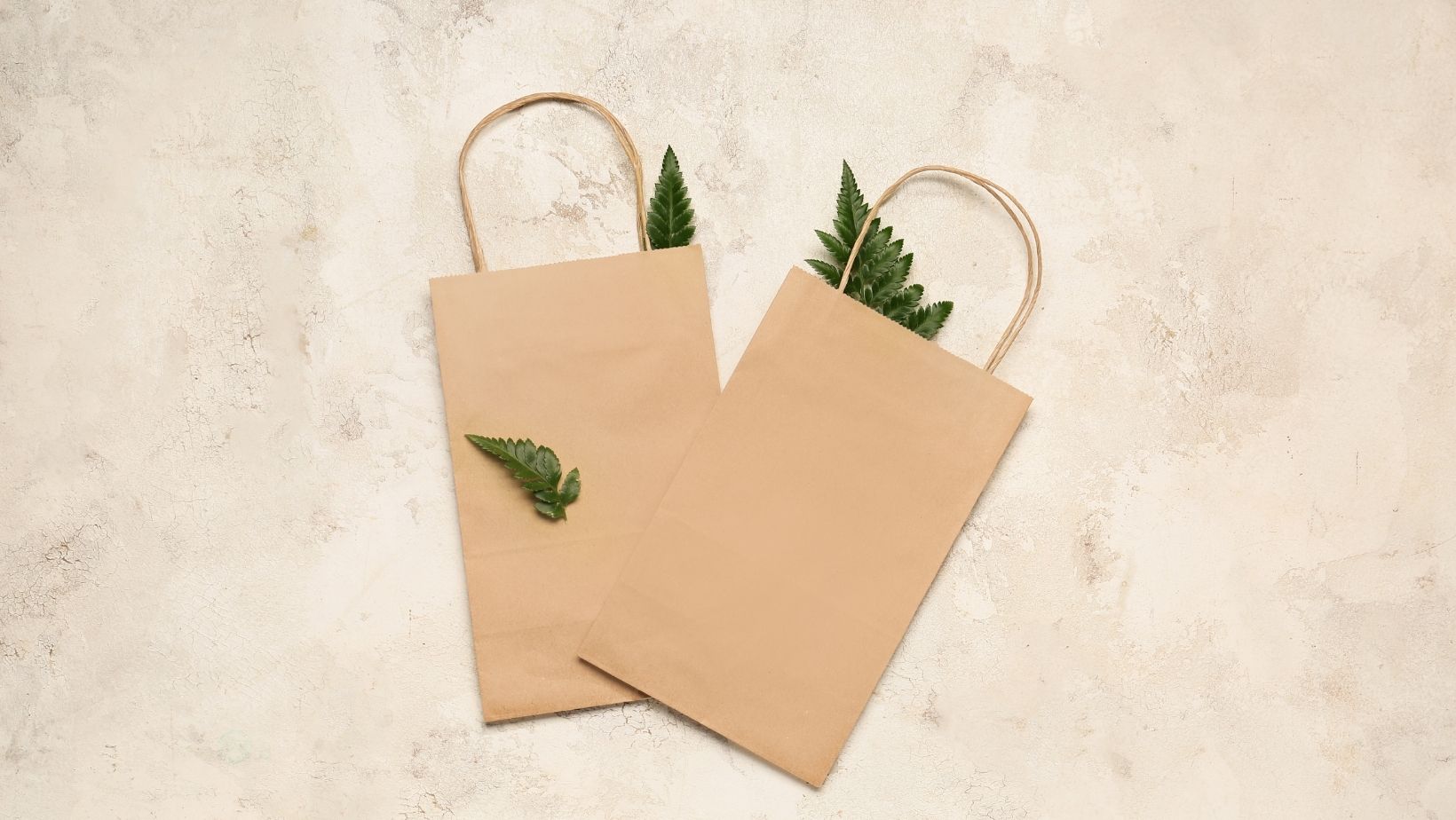
Paper Is No Panacea: Recycled Plastic Still The Sustainable Choice
If you were born at least a decade or two before the turn of the millennium, you probably remember those brown paper bags we used to bring groceries home in. You’ll still spot them when you’re watching old-school re-runs. With single-use plastic bags banned in most of the country, you might even find yourself wondering why we’re not seeing a widespread revival of paper packaging. Well, it turns out that while they’re great for nostalgic #90skids Internet memes, they’re actually not great for the planet.
This may come as quite a surprise, and even seem counterintuitive – how can plastic be better than paper? After all, plastic can take a millennium to decompose in landfills. It’s the enemy, right? Well, there’s a caveat here: recycled plastic is a more eco-friendly choice than paper, even where that paper is recycled.
You see, there’s already an enormous amount of recyclable plastic in the ecosystem, yet most of it is not recycled in practice. It ends up in landfills, as well as all sorts of places that we’d like to keep it out of: around 130 thousand tonnes of Australian plastic ends up in waterways and oceans each year. So it makes more sense than ever for businesses to utilise this existing (and valuable) resource in more productive ways for the remainder of its useful lifespan, rather than dumped in landfill or waterways… while all the time, new plastic is continually being created.
Recycling Is A Circular Process
The key thing to remember is that recycling is a circular process. It requires both supply and demand. And we have no shortage of supply of recyclable plastic. Yellow bins are a common sight across Australia, and many of us pop our plastics in there feeling confident that we’re doing the right thing, they’ll be used again and all is right in the recycling world.
Unfortunately, it’s not that simple, because it doesn’t close the loop. There still needs to be a viable market for recycled plastics: consumers at the other end of this loop, buying products made of recycled plastics. If that doesn’t happen, then even though an item is technically recyclable, it won’t be recycled. In fact, a whopping 88% of plastics placed in Australian kerbside recycling still end up in landfill (ABC). Supply of recyclable plastics still far outstrips demand, creating a strong environmental case for choosing recyclable plastics.
Is Paper The Right Alternative?
But what about paper as an alternative? Well, currently the environmental cost of producing paper packaging and then recycling it is likely higher than doing the same with plastic. So even though it appears that you’re making a more environmentally-sound choice when you choose paper packaging for your food business, that’s not necessarily the case, as no plastic has been saved from landfill.
Next up, the environmental cost involved in manufacturing paper packaging. Producing a paper bag emits emits 51% more global warming gasses, creates 50 times more water pollution than its plastic equivalent; furthermore, paper is made from trees that could be absorbing carbon dioxide. Making a paper bag consumes twice as much energy as a plastic bag, while using four times as many materials.
What about biodegradability? Well, modern landfills are a dry, air-tight environment which causes organic matter to mummify rather than decompose. According to garbologist Bill Rathje, a fellow at the Archaeology Center of Stanford University and director of The Garbage Project:
“In a dry landfill, paper bags don’t degrade any faster than plastic bags. In a normal, well-run landfill, paper bags do not biodegrade any faster over at least 40 years than plastic.”
By choosing recycled plastics for your packaging needs, you can help divert a harmful material away from landfill, and do so with less environmental impact. Leave paper packaging to the history books: recycled plastics are still the best choice. And that’s where Multisteps steps in.
Here at Multisteps, an Australian food packaging company with global business partnerships and an international reputation for sustainability and innovation. Our products have the ability to offer packaging with up to 100% recycled content, and they’re also all recyclable as per the Packaging Recyclability Evaluation Portal (PREP). We’re also currently heavily investing in a facility in SEA Asia that recycles post-consumer bottles – more on that soon!
At Multisteps, we’re helping hundreds of food businesses globally to reduce their carbon footprint with high-quality, environmentally-friendly packaging, alongside continuous innovation and a commitment to excellence in customer service. If you’re looking to make sustainable choices in the way you do business and contribute to closing the plastics recycling loop while working with a company that’s proud to be a partner to your success, get in touch.





